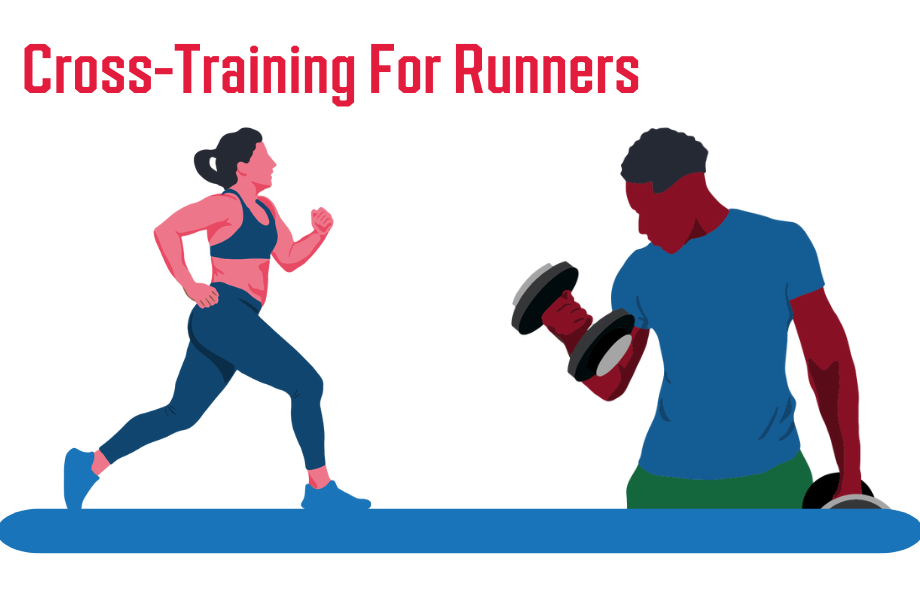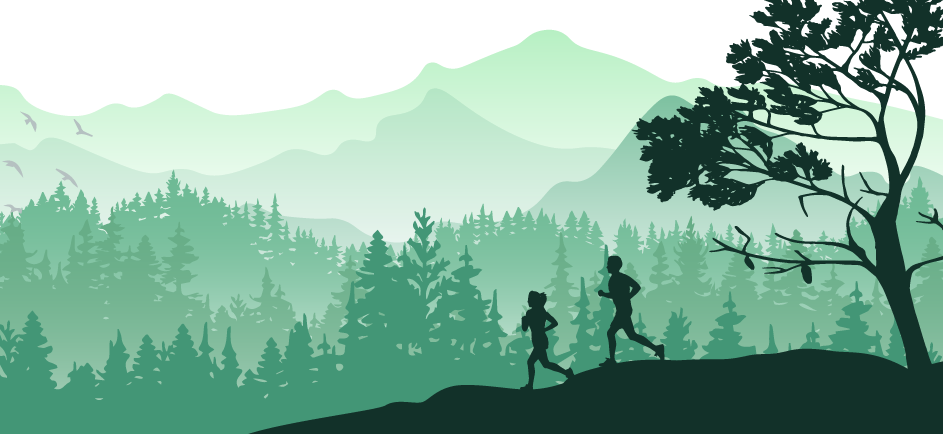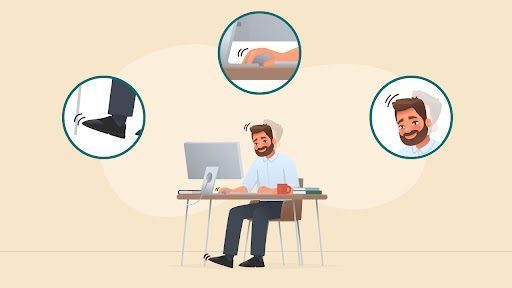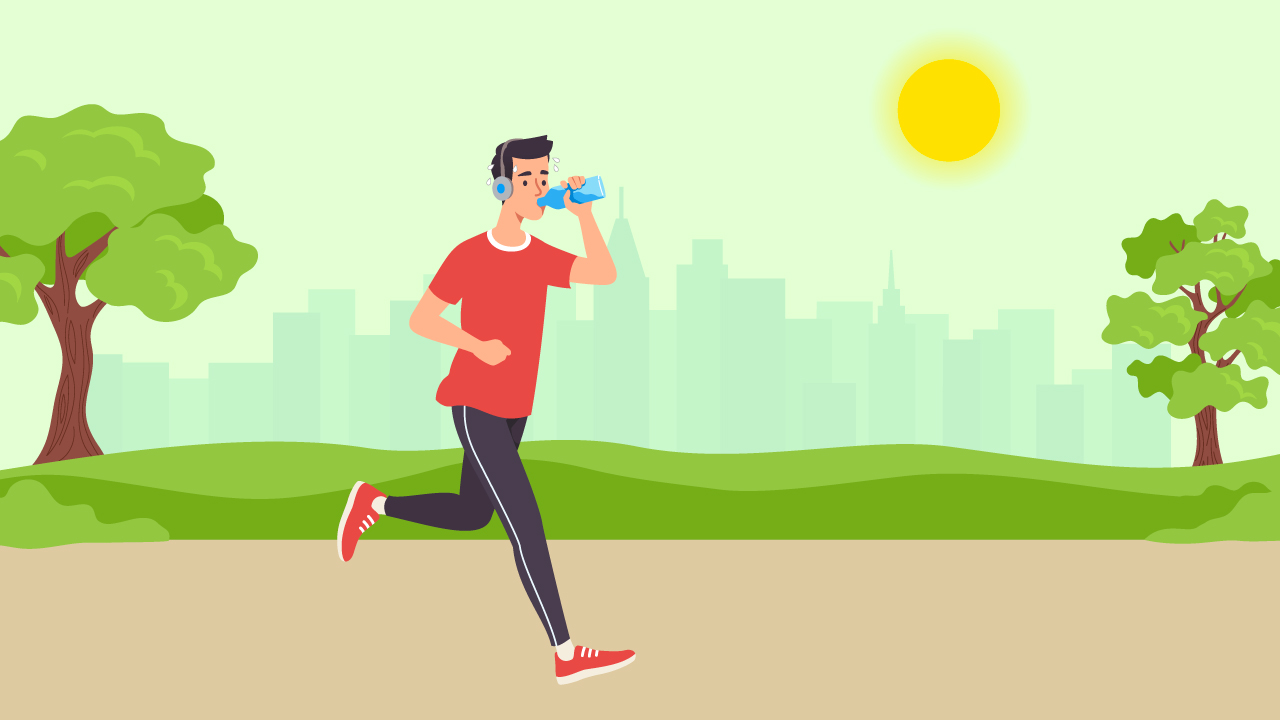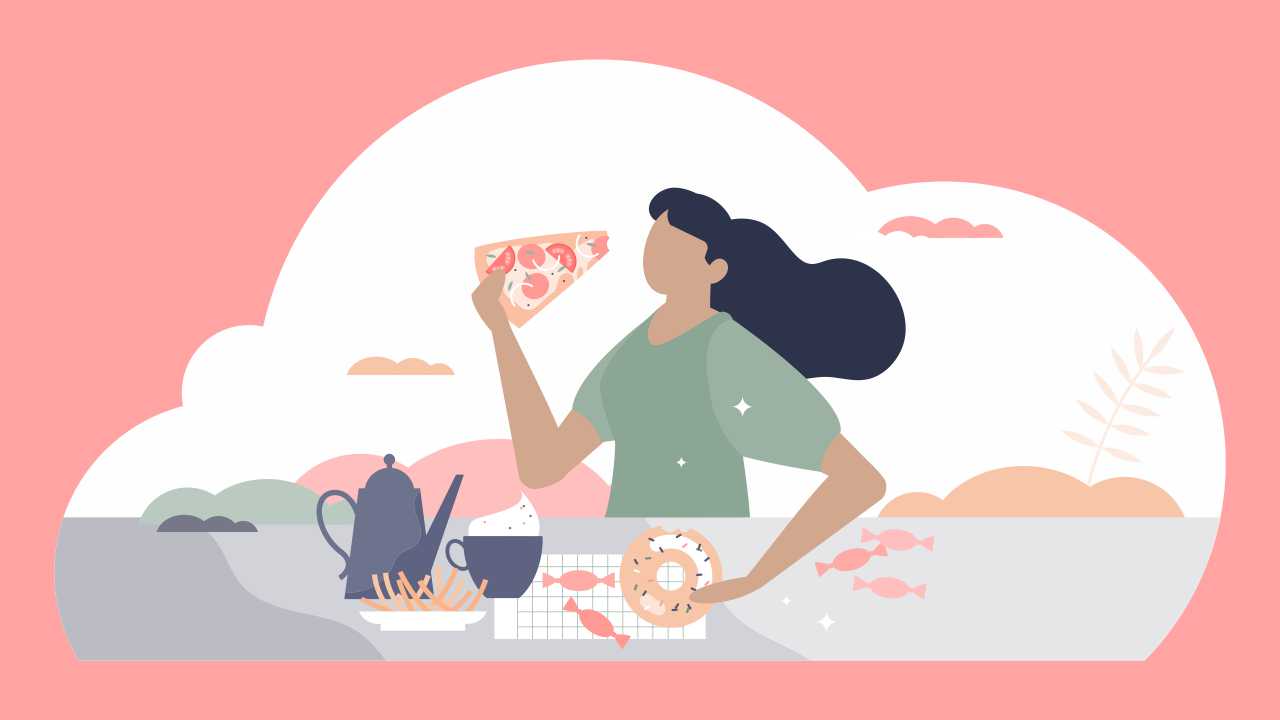
Kidney Stones: Symptoms, Diagnosis and Treatment
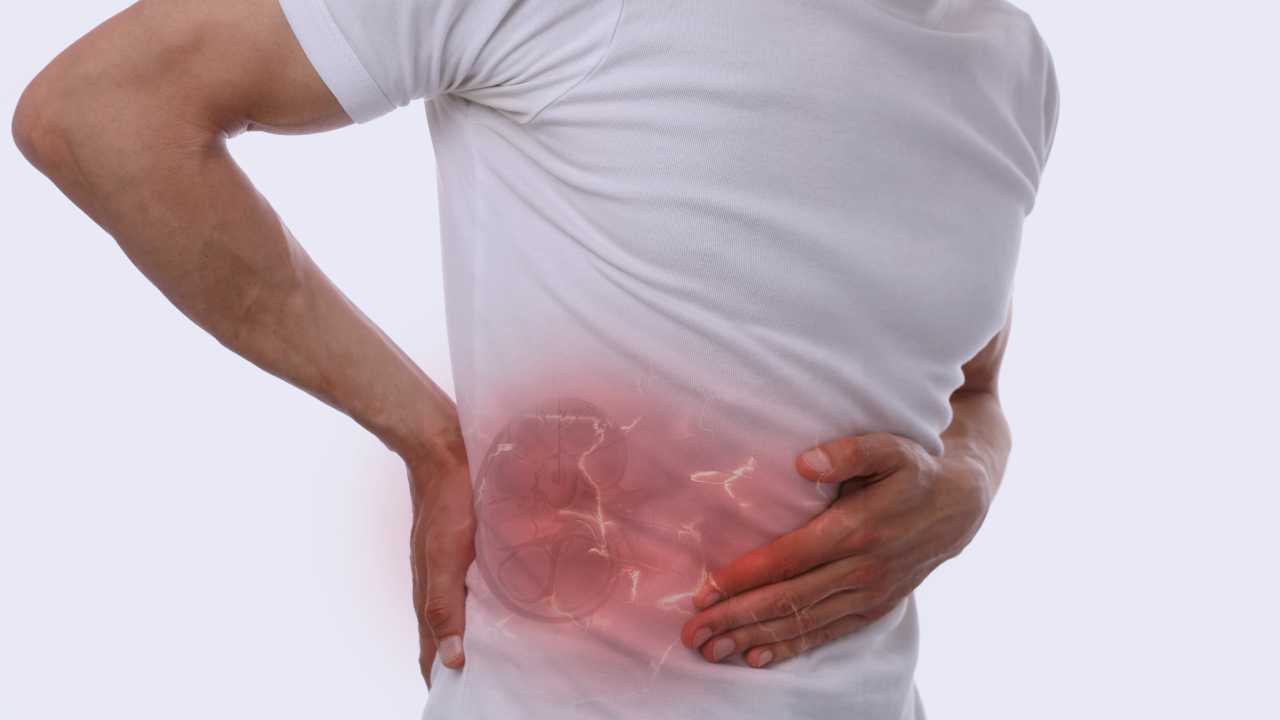
Anyone with a history of kidney stones would tell you how excruciating the pain and discomfort of this condition is. So, what are kidney stones and why do they severely affect your quality of life? Kidney stones are also called renal calculi, urolithiasis, or nephrolithiasis. The stone itself is a hard substance that forms due to elevated levels of certain minerals in the urine. It can occur in either of the kidneys, affecting any part of the urinary tract, such as the kidneys, ureters, bladder, or urethra.
How are kidney stones formed?
Kidneys are a pair of organs situated below the rib cage on either side of the spine. They filter and remove waste and fluid from the blood and expel it as urine. At times, there is an excess amount of certain crystal-forming substances like calcium, oxalate, and uric acid in this waste. These can build up and stick together to form clumps within the kidneys, resulting in stone formation. On the other hand, deficiencies of certain substances that prevent the crystals from sticking together in the urine can also cause the formation of kidney stones.
Kidney stones vary in size, shape, and chemical composition; they can remain in the kidneys or pass through the urinary tract. Sometimes, the stones may get stuck within the urinary tract and block the passage of urine, resulting in pain. The phrase “passing a kidney stone” refers to the stone traveling from the kidney through the ureters, to the bladder, and out of the body through the urethra, along with urine. Often, this is a painful process.
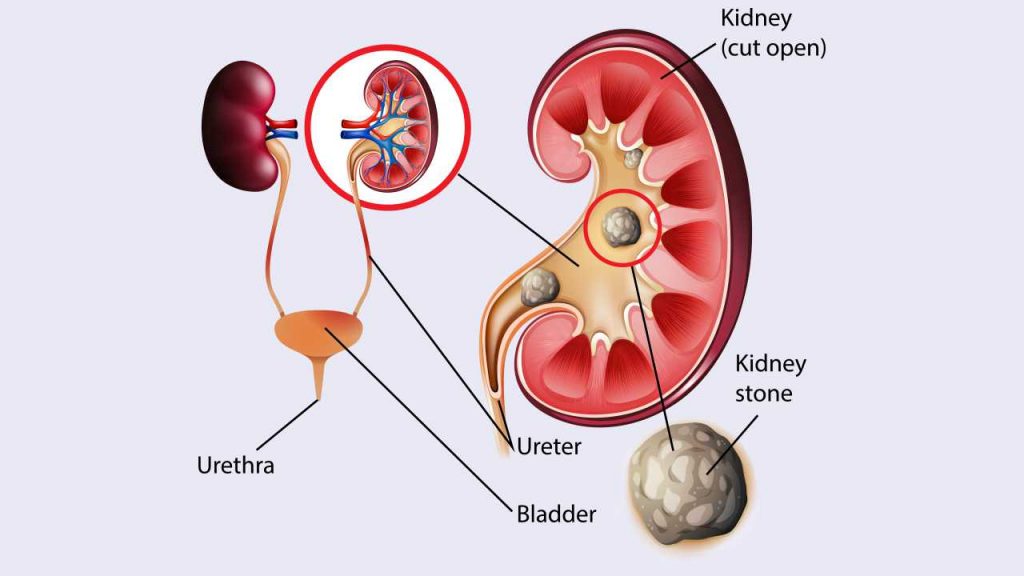
Types of kidney stones
There are different forms of kidney stones based on their chemical composition and how they develop:
1. Calcium stones
This is the most common type of kidney stone. About 80% of instances of kidney stones are of this form. Relatively, the recurrence rate of calcium stones is higher than other types as well. These stones are usually made of calcium oxalate or calcium phosphate; the former is more common than the latter. Calcium oxalate stones are associated with oxalate-rich foods like beets, black tea, and nuts.
2. Struvite stones
Struvite stones or infection stones comprise 10%–15% of all kidney stones. These stones occur due to chronic urinary tract infections (UTIs). In such cases, the chemicals produced by the bacteria lead to ammonia build-up in the urine, increasing the pH. Such stones are made of ammonium, magnesium, and phosphate. Women are more prone to struvite stones than men.
3. Uric acid stones or urates
About 3%–10% of all kidney stones are said to be urate stones. Purine–rich diets, especially containing animal proteins like fish and meat, can increase uric acid levels and lower the volume and pH of the urine, leading to the formation of uric acid stones. Uric acid stones are formed either by the accumulation of uric acid or in combination with calcium. These are more prevalent in men than women.
4. Cystine stones
Cystine is a naturally produced chemical in the body. A genetic condition causes cystine to leak into the urine. As it does not dissolve in the urine, it leads to the formation of cystine stones. This is a rare type of kidney stone, accounting for less than 2% of all forms.
5. Drug-induced stones
Certain drugs like triamterene and sulfa-drugs can cause kidney stones. They account for approximately 1% of all kidney stones.
What are the causes and risk factors of kidney stones?
Although anyone can have kidney stones, this condition is more common in men than women. Kidney stones are formed due to various internal and external factors, such as:
1. Low volume of urine
Dehydration or low water intake can lead to supersaturated (the ratio of the concentration of dissolved salt to its solubility in urine) urine, increasing the risk of kidney stones.
2. Diet
Salt-rich diets, animal proteins, and substances low in chelating agents can increase the probability of kidney stones. Lemon juice and fruits like oranges contain high fiber and citrate, which are chelating agents and can help dissolve kidney stones.
3. Recurring UTIs
Untreated and recurring bacterial infections may lead to higher pH levels in the urine, increasing the risk of kidney stones.
4. Composition of urine
Certain substances promote stone formation, while some help in preventing it. Substances like oxalates can make the urine more alkaline, creating a conducive environment for kidney stones to form.
5. Drugs
Some drugs may have low solubility in urine, resulting in the development of kidney stones.
6. Health conditions
Several disorders can increase the chance of kidney stones.
These include:
- Hypertension
- Obesity
- Inflammatory bowel disease
- Metabolic conditions like hypercalciuria (increased calcium levels in the urine) and hypocitraturia (low citrate excretion in the urine)
- Gout, a type of arthritis that can lead to impaired uric acid metabolism, leading to high uric acid
- Previous occurrence and family history of kidney stones
- Disorders like hyperparathyroidism that cause increased blood calcium levels
- Structural abnormalities in the kidneys, such as horseshoe kidney and polycystic renal disease
What are the symptoms of kidney stones?
Symptoms may occur only in the advanced stages of stone formation. They are generally associated with the location of the stone in the urinary tract, ie, if the stone is present in the kidney, ureter, or bladder. These signs include:
- Intense pain in the back or lower abdomen; pain while urinating or discomfort radiating from the loin to the groin
- Nausea and vomiting
- Hematuria, which is the presence of blood in the urine
- Incomplete voiding of urine with frequent visits to the toilet; inability to control the urge to urinate for more than a few seconds
- UTIs; difficulty or burning sensation while passing urine along with fever
How are kidney stones diagnosed?
If you experience the symptoms of kidney stones, consult a physician at the earliest. A detailed medical history, physical examination, and tests may be required to confirm the diagnosis. Diagnostic tests include:
- Blood tests to check for infections or high levels of calcium, uric acid, or parathyroid hormone.
- Urine analysis to detect stone-forming crystals, UTIs, and other factors contributing to kidney stone formation.
- Imaging studies like ultrasound scan, X-ray, CT scan, and MRI scan to evaluate kidneys, ureters, and bladder and assess the growth, passing, or recurrence of kidney stones.
How are kidney stones treated or managed?
The treatment for kidney stones depends on many factors, such as the size, type, and location of the stone. It may also vary depending on whether the stone is causing any blockage or pain and other symptoms.
For small-sized kidney stones, these non-invasive treatments may suffice:
1. Fluids
You need to drink about 1.8l to 3.6l of fluids a day. Preferably, it is advisable to consume water. Doing this can help in diluting urine and reduce the pain. Large stones tend to become smaller while passing down from the kidneys through the ureters, owing to the increased flow of urine down the path.
2. Medications
The doctor may prescribe pain-relieving medications. Moreover, they may recommend anesthetic medicines in many cases to relieve the pain. Alpha-blocker medicines aid in passing the stone past the ureters and urethral opening. Although highly effective, it is suggested to consume medicines only under supervision, as they may cause adverse reactions, especially if you have any pre-existing heart disease or kidney problem.
Larger stones that are too big to pass on their own or stones that block the urinary tract may require further treatment. A few methods include:
1. Sound wave lithotripsy
Extracorporeal Shock Wave Lithotripsy (ESWL) is a therapeutic procedure in which strong shock waves or vibrations are created to break the stones into smaller pieces. Smaller stones are easier to pass through the urine. Depending on the size and location of the stones, ESWL may be recommended.
2. Use of a scope
This technique involves inserting a ureteroscope, which is a thin-lighted tube equipped with a camera through your urethra, bladder, and ureter. Once it reaches the stone, it is broken down into smaller pieces.
3. Surgery
The doctor may remove the large stones surgically.
How can you prevent kidney stones?
You may avert kidney stones by following healthy practices like:
1. Sound hydration
Drinking lots of water throughout the day is an effective way of preventing kidney stones. As per the National Institute of Nutrition, your daily water requirements will depend on your body weight and vary according to different age groups. The general recommendations for per day intake are:
- Children: Less than six glasses
- Male: Adolescents: six to 10 glasses
Teenagers: 10-11 glasses
Adults: 11-14 glasses
- Females: Adolescents: five to six glasses
Teenagers: seven to eight glasses
Adults: 11-12 glasses
If you have a history of kidney stones, you may need to regularly measure your urine output. A good way to prevent a recurrence is by drinking approximately 2.9L of liquid per day.
If you are in a region that has a hot and dry climate or if you indulge in strenuous physical activities, consume more liquids to compensate for fluid loss.
Also read: Benefits of Drinking Water and How to Increase Your Intake
2. Nutritious diet
Consuming a diet that is low in salt and animal protein can be beneficial. You may consider substituting animal protein with non-animal protein sources like legumes.
To prevent the recurrence of calcium stones, limit the intake of foods such as canned vegetables and soups, pickles, cheese, and frozen meats because they have a high salt content. Keep a check on your calcium levels and have calcium supplements only after consulting your doctor.
If you have a history of calcium oxalate stones, the doctor may advise you to restrict the consumption of oxalate-rich foods like tea, beets, okra, spinach, black pepper, chocolate, and soy products in your diet.
Reducing the intake of red meat and shellfish can help in preventing uric acid stones.
If you have a history of kidney stones, consult a doctor and a dietician for a personalized diet plan.
3. Medication
Certain medications can help in controlling the quantity of salt and minerals in your urine. Your doctor may prescribe suitable medications based on your medical history, risk factors, and type of kidney stone you have had in the past.
Although a common problem, simple dietary changes like drinking adequate water throughout the day and eating certain foods in moderation can help in managing kidney stones.
References
1. Kidney Stones. National Institute of Diabetes and Digestive and Kidney Diseases. https://www.niddk.nih.gov/health-information/urologic-diseases/kidney-stones (accessed Mar 17, 2021).
2. Your Kidneys & How They Work. National Institute of Diabetes and Digestive and Kidney Diseases. https://www.niddk.nih.gov/health-information/kidney-disease/kidneys-how-they-work (accessed Mar 17, 2021).
3. Kidney Stone Causes, Symptoms, Treatments, & Prevention. American Kidney Fund. https://www.kidneyfund.org/kidney-disease/kidney-problems/kidney-stones/ (accessed Mar 17, 2021).
4. Alelign T, Petros B. Kidney Stone Disease: An Update on Current Concepts. Adv Urol 2018; 2018: 3068365.
5. Types of Kidney Stones. NYU Langone Health. https://nyulangone.org/conditions/kidney-stones-in-adults/types (accessed Mar 17, 2021).
6. Diagnosing Kidney Stones. NYU Langone Health. https://nyulangone.org/conditions/kidney-stones-in-adults/diagnosis (accessed Mar 17, 2021).
7. Medications & Dietary Changes for Kidney Stones. NYU Langone Health. https://nyulangone.org/conditions/kidney-stones-in-adults/treatments/medications-dietary-changes-for-kidney-stones (accessed Mar 17, 2021).
8. Hydrate to Help Prevent Kidney Stones. Urology Care Foundation. 2019; published online May 22. https://www.urologyhealth.org/healthy-living/lifestyle-and-exercise/hydrate-to-help-prevent-kidney-stones#:~:text=Half%20of%20people%20who%20have,glasses)%20of%20liquid%20a%20day. (accessed Mar 18, 2021).
9. Tamsulosin Side Effects. Drugs.com. https://www.drugs.com/sfx/tamsulosin-side-effects.html (accessed Mar 22, 2021).
10. Pyridium Side Effects. Drugs.com. https://www.drugs.com/sfx/pyridium-side-effects.html (accessed Mar 22, 2021).

